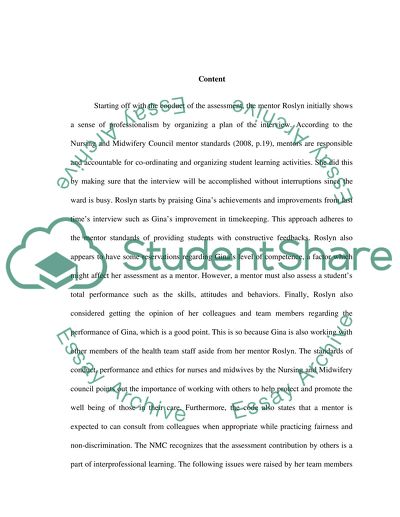Cite this document
(“Critical Analysis of Decision-making of a Student Nurse Assessment Essay”, n.d.)
Retrieved de https://studentshare.org/nursing/1429874-critical-analysis-of-decision-making-of-a-student-nurse-assessment-process
Retrieved de https://studentshare.org/nursing/1429874-critical-analysis-of-decision-making-of-a-student-nurse-assessment-process
(Critical Analysis of Decision-Making of a Student Nurse Assessment Essay)
https://studentshare.org/nursing/1429874-critical-analysis-of-decision-making-of-a-student-nurse-assessment-process.
https://studentshare.org/nursing/1429874-critical-analysis-of-decision-making-of-a-student-nurse-assessment-process.
“Critical Analysis of Decision-Making of a Student Nurse Assessment Essay”, n.d. https://studentshare.org/nursing/1429874-critical-analysis-of-decision-making-of-a-student-nurse-assessment-process.


